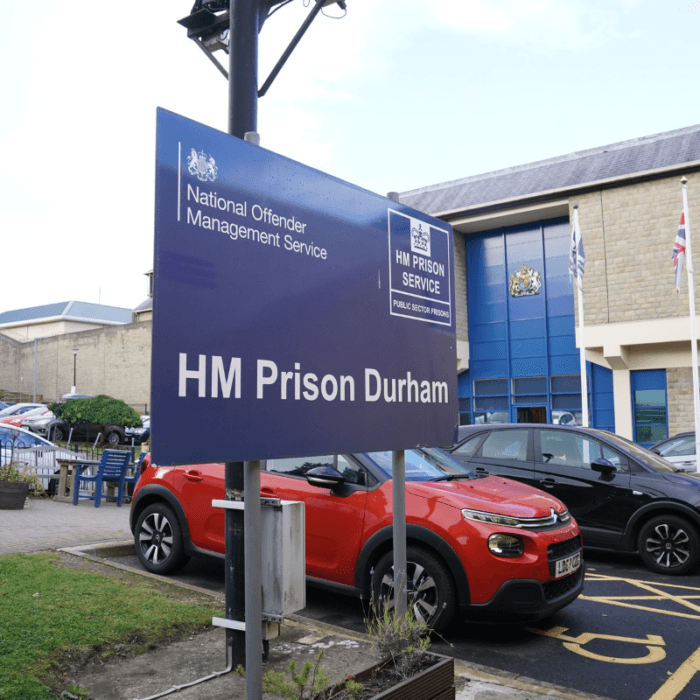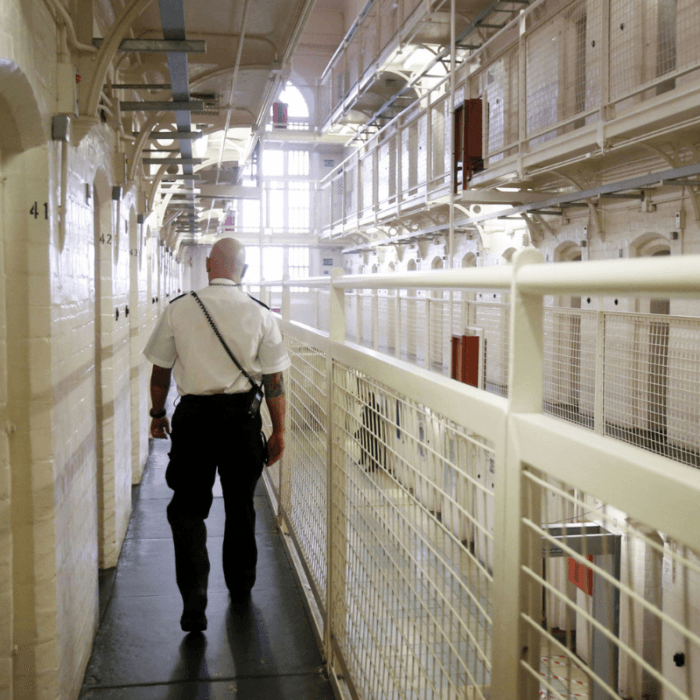The government has launched a pilot scheme to embed domestic abuse specialists in some 999 control rooms to stop emergency services from missing opportunities to save people’s lives.
The Home Office said on Thursday that the pilot will take place in targetted police forces from early 2025, with the specialists advising on risk assessments and working with officers to ensure victims get the rapid response they need.
Home Secretary Yvette Cooper said the plans were the first step in the government’s pledge to halve violence against women and girls in the next decade.
Cooper said, “Victims of appalling domestic abuse need to know that the police will be there for them.”
New Domestic Abuse Protection Orders
The measures form part of “Raneem’s Law,” named after Raneem Oudeh, 22, who with her mother Khaola Saleem, 49, were murdered by Oudeh’s ex-husband, Janbaz Tarin, in 2018.Raneem’s Law will be put on a statutory footing and will have national guidance that forces will be required to follow, the Home Office said.
The measures also see the introduction of new Domestic Abuse Protection Orders (DAPO) which will put tougher sanctions on abusers and will be launched as a pilot in November.
DAPOs will see more domestic abusers ordered to stay away from their victims and for there to be stricter sanctions if they break those orders. This will build on powers that police already have at their disposal to forbid abusers from contacting victims for up to 28 days, but these new orders will have no maximum duration.
Domestic abusers will also be legally obliged to inform police of a change of address or name.
Powers to apply for the orders will no longer be limited to the police or criminal courts, but other agencies will be able to apply, including family and civil courts, local authorities, social services, and even charities. Victims will also be able to apply directly for the order, themselves.
Raneem Oudeh
Nour Norris, lead campaigner and aunt and sister of Oudeh and Saleem, welcomed the government’s new measures. She said her world fell apart when her family members were murdered and that “their suffering and the way the system failed them is something I will never forget.”Norris continued: “Raneem’s Law will ensure that domestic abuse specialists are present in 999 control rooms so victims’ calls for help are taken seriously and save lives by making sure no warning signs are ignored, unlike in Raneem’s story.
“I am deeply proud that this government has listened and acted quickly to make Raneem’s Law a reality. Their commitment to addressing domestic violence has shown me that change is possible when we refuse to stay silent.”
Before their deaths, West Midlands Police had received 13 reports related to concerns over Oudeh’s safety, but no arrests are made. Oudeh had called 999 four times on the night Tarin, then 21, murdered her and her mother outside of her mother’s home in Solihull.
A 2022 inquest into the murders of Oudeh and her mother found that mistakes made by the police force had “materially contributed” to their deaths.

The measures come as London’s Metropolitan Police confirmed on Wednesday that four officers are being investigated for misconduct over the handling of complaints by two women later murdered by a man they had been involved with.
In July, Carl Cooper, 66, was jailed for life for the murders of Naomi Hunte, 41, and Fiona Holm, 48. Both women had been in a relationship with Cooper about a year apart and both had complained to the Met about his violence.
The Home Office said that last year, police recorded on average almost 100 domestic abuse-related offences every hour.







